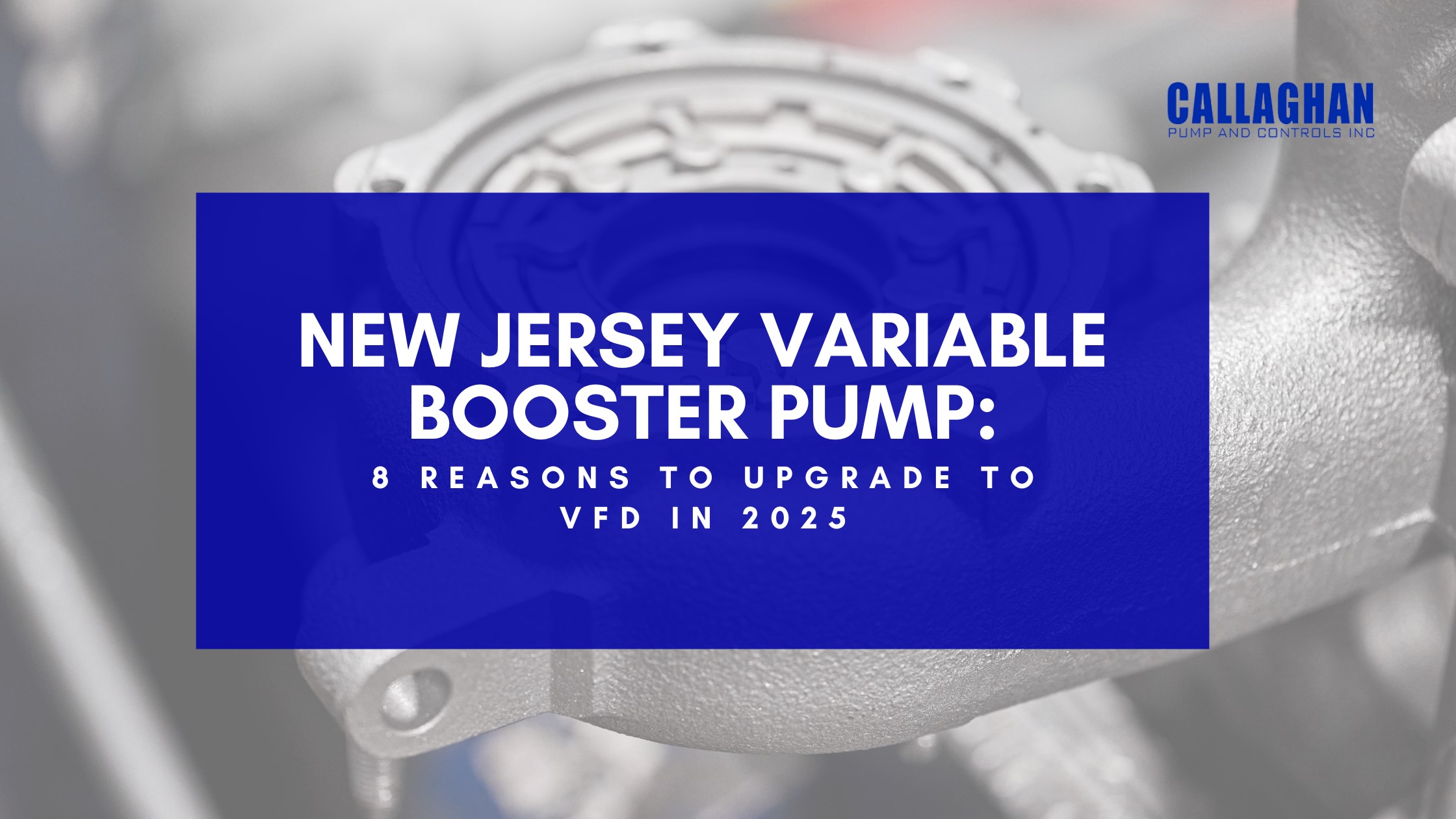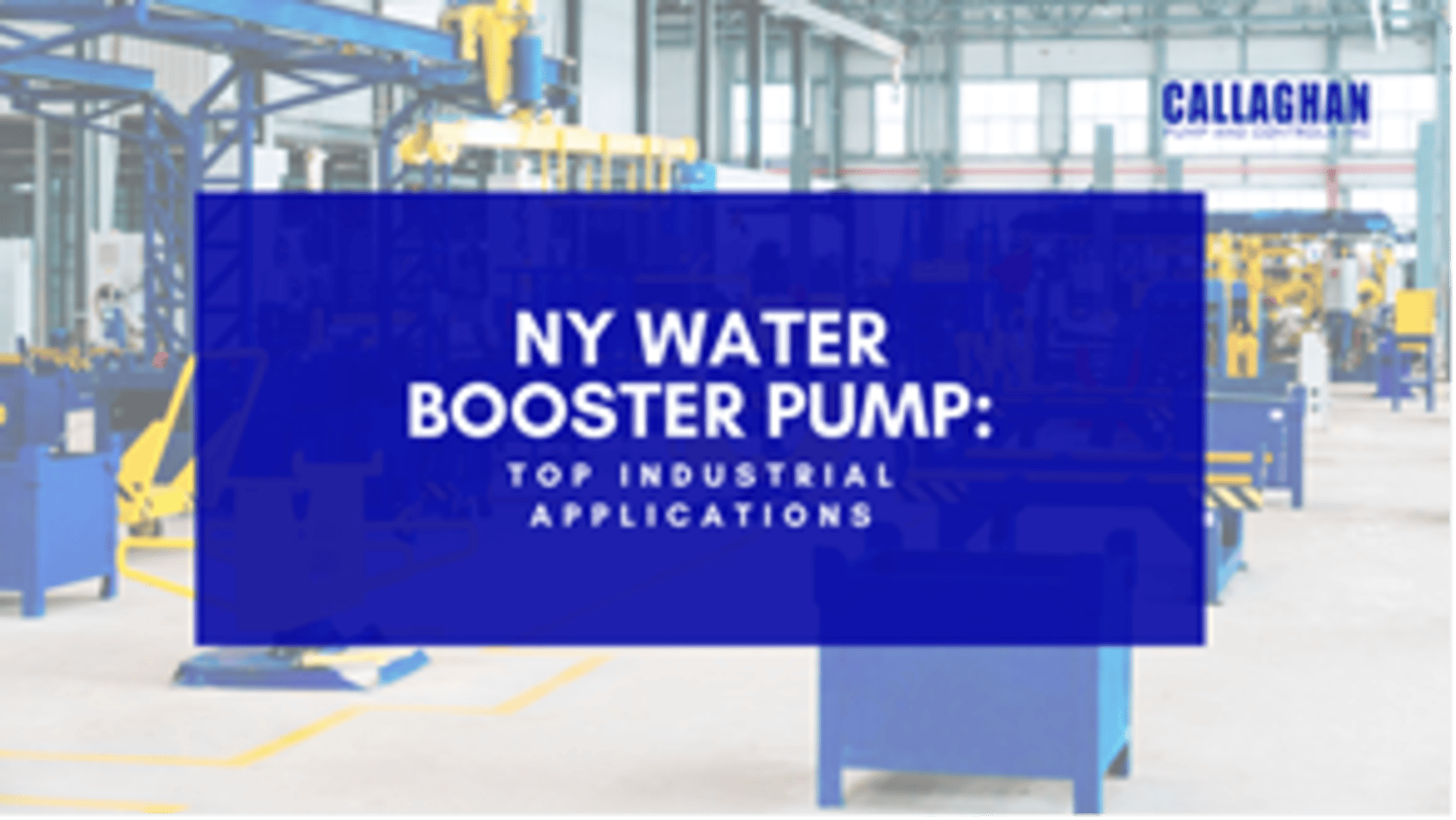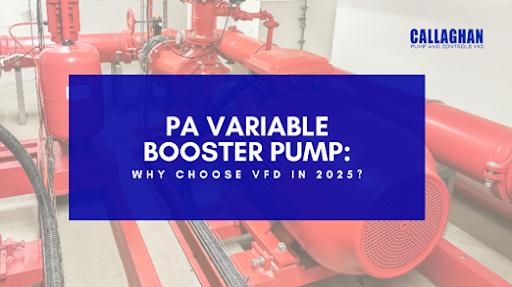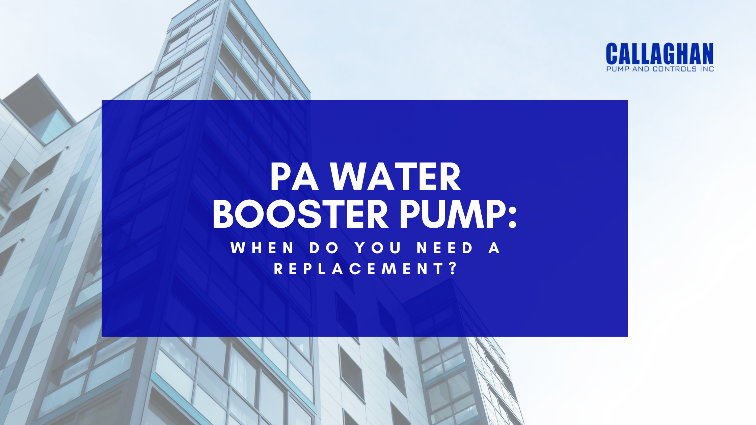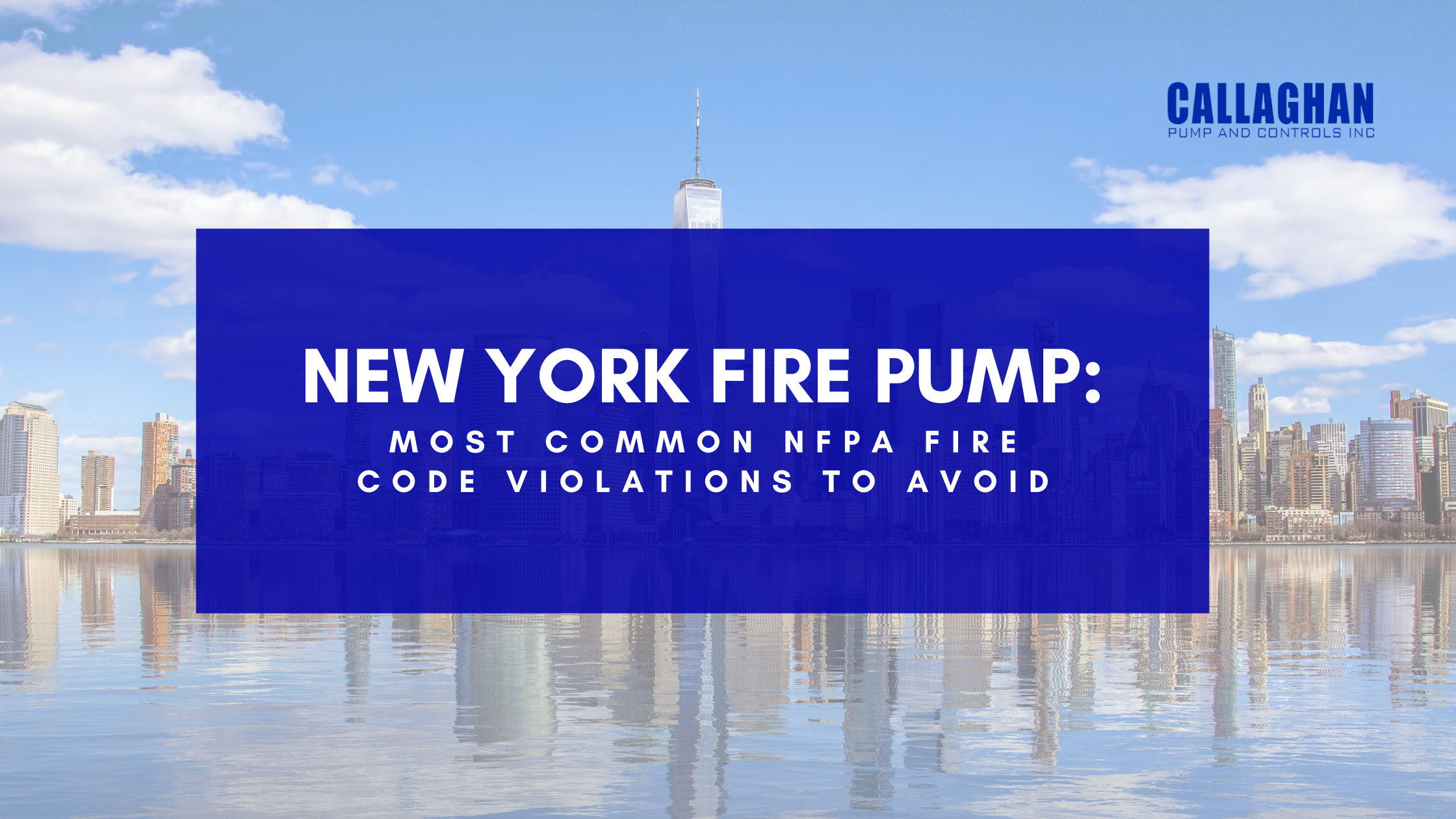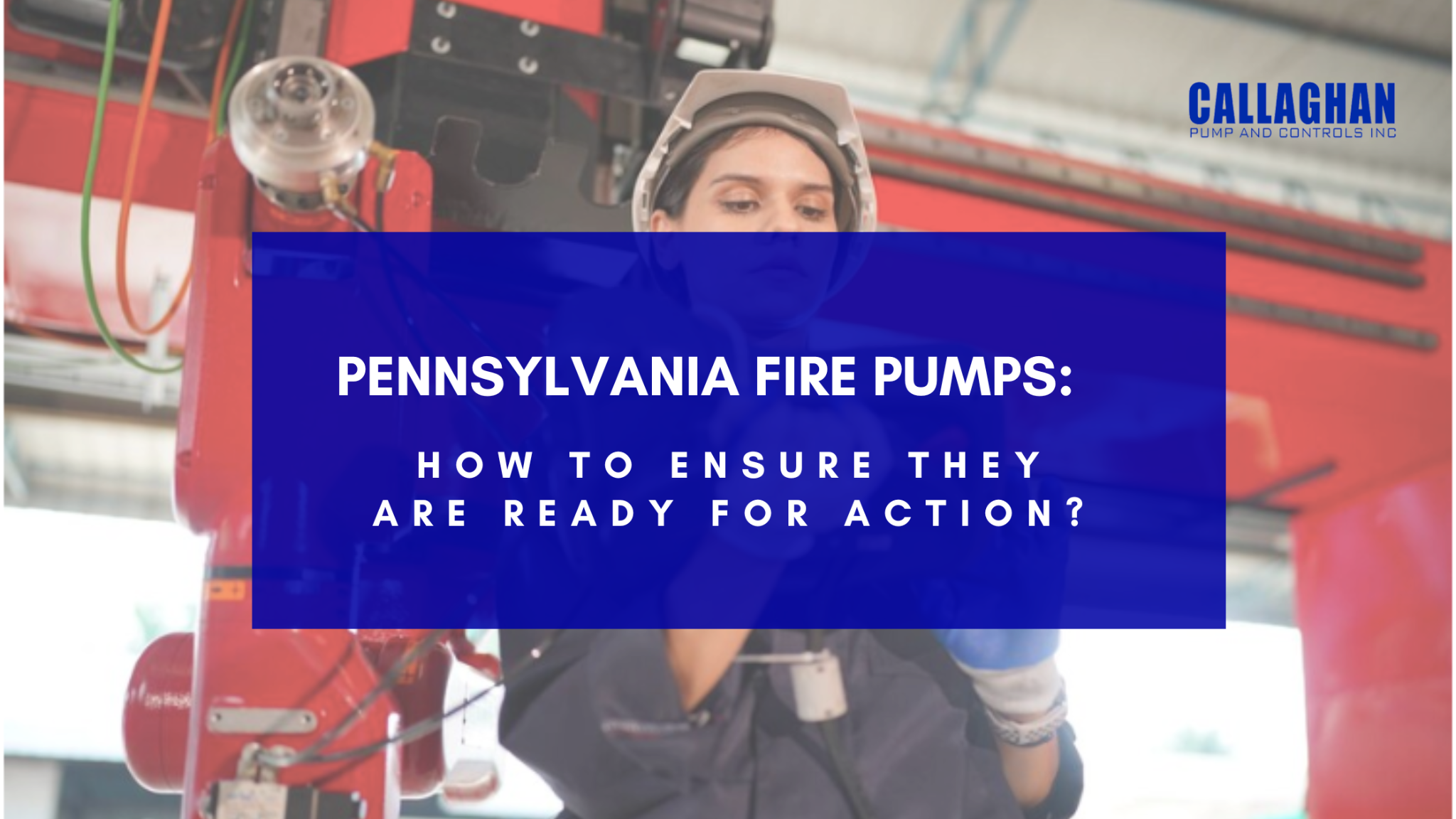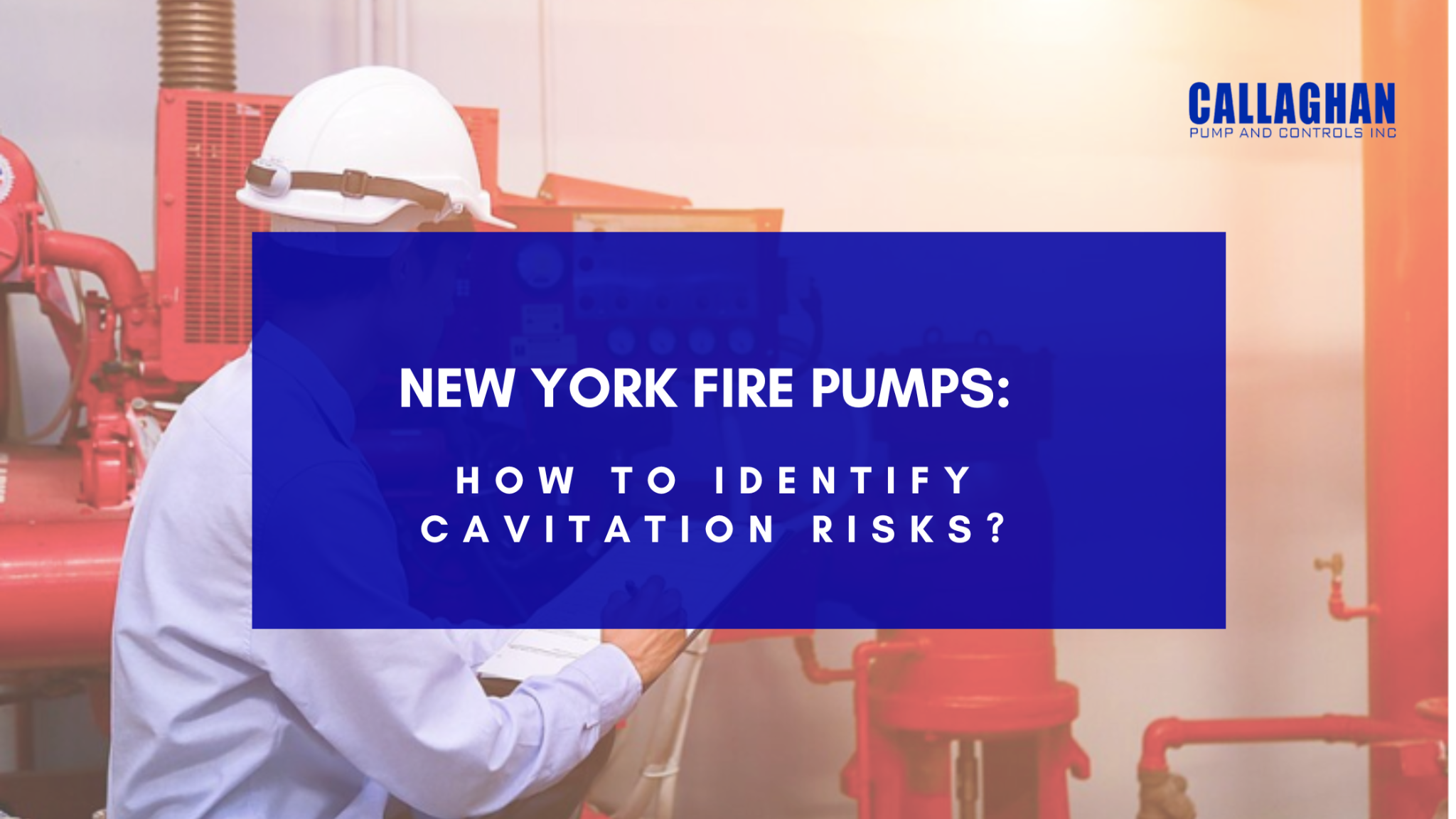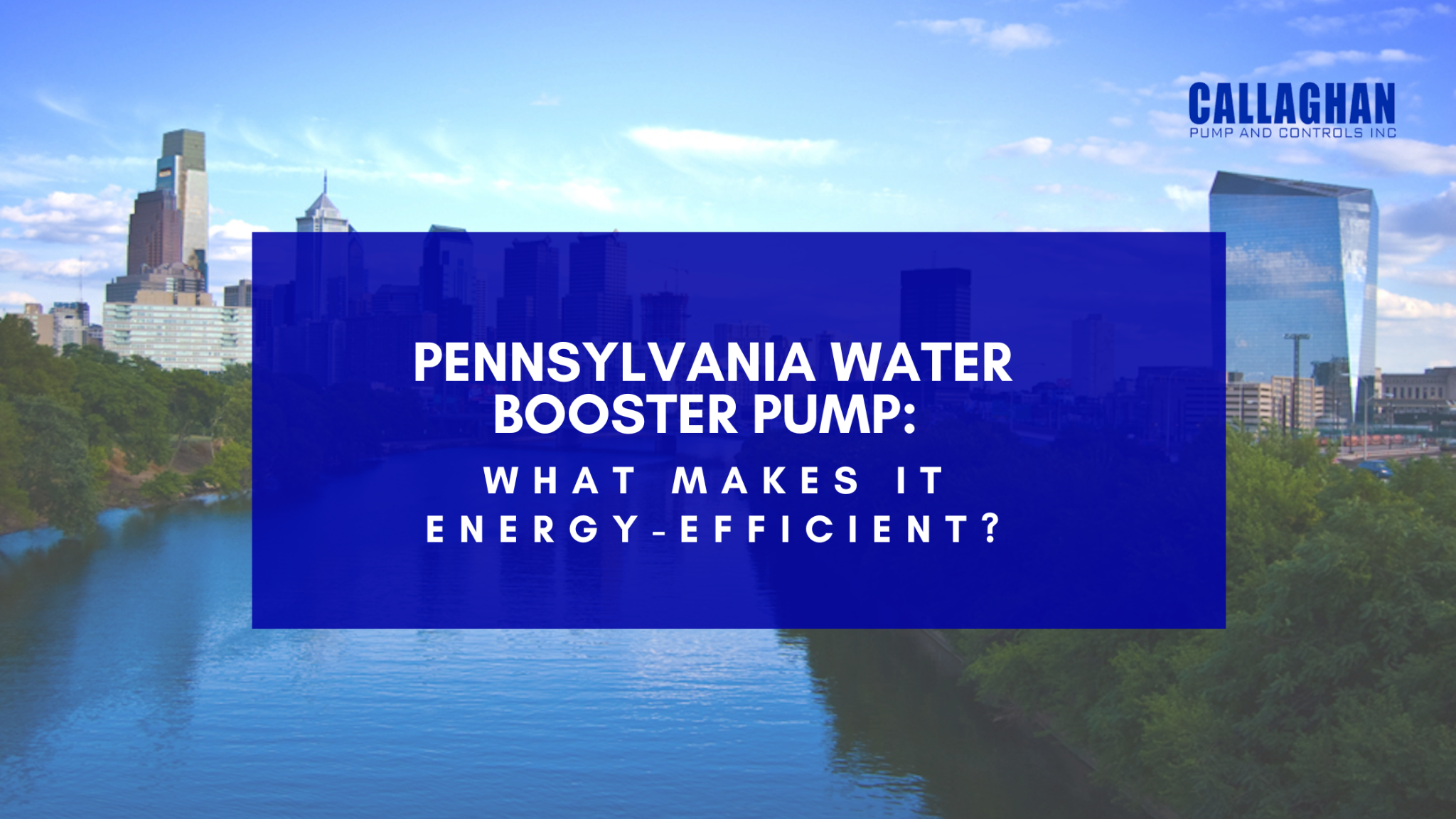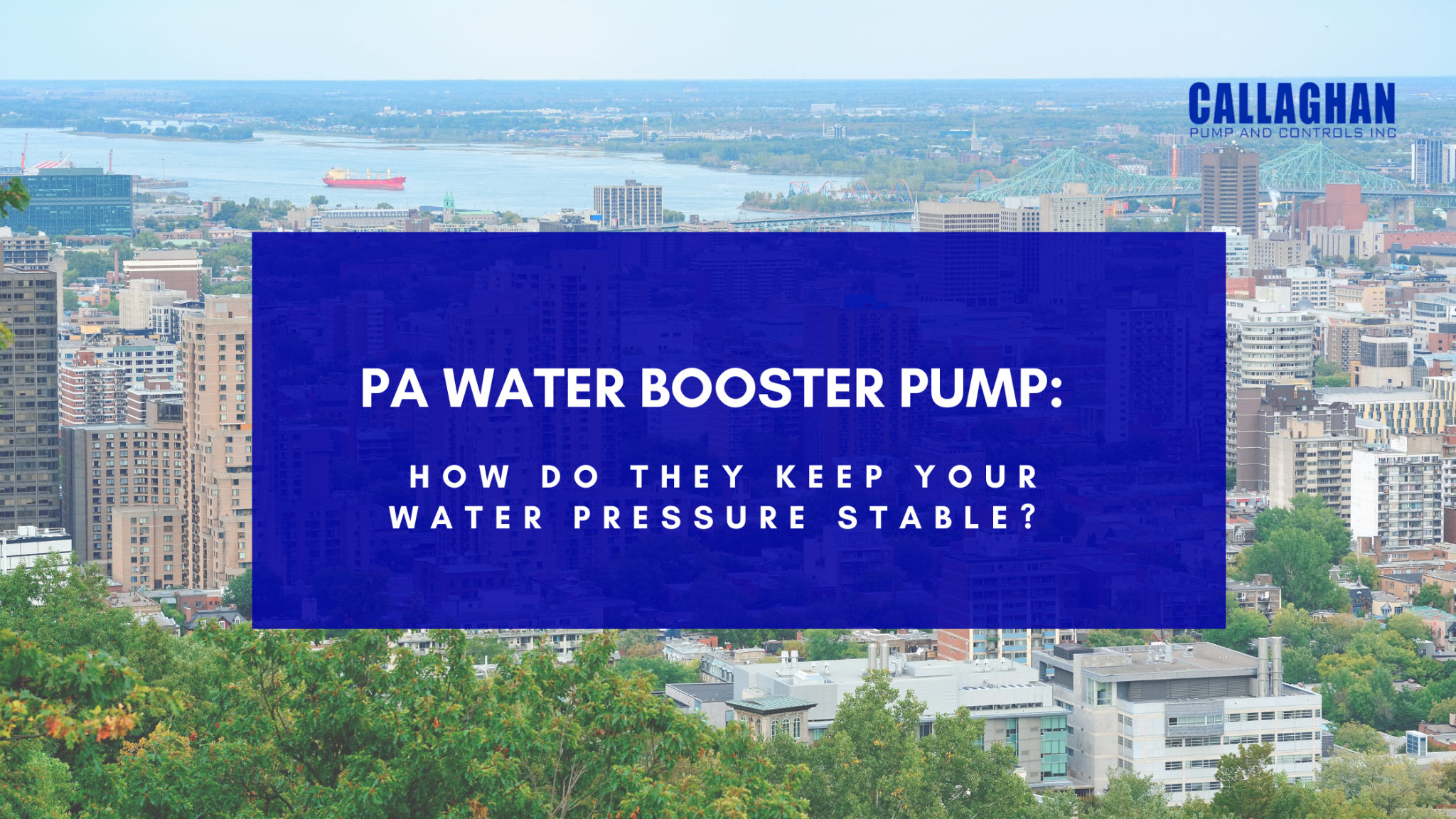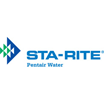As we stride into 2025, energy efficiency, operational flexibility, and sustainable solutions have never been more critical for industries, businesses, and residential projects. New Jersey variable booster pump are at the forefront of this transformation, providing advanced technology to meet modern water pressure demands while ensuring long-term benefits.
Here are the top reasons why upgrading to a variable water booster pump in 2025 is a wise decision:
1. Energy Efficiency at its Best
With rising energy costs and stringent energy regulations, adopting energy-efficient technologies isn’t just eco-friendly; it’s economically essential.
Variable booster pumps use advanced variable frequency drives (VFDs) to adjust motor speed based on real-time water demand. This adaptability minimizes energy consumption, cutting electricity bills by 30-40% compared to traditional fixed-speed pumps.
2. Reduced Operational Costs
Lower repair costs and reduced downtime mean significant savings over time, especially for facilities with high water usage. Traditional pumps often run at maximum capacity, leading to wear and tear.
Luckily, New Jersey variable booster pump operate optimally, helping you reduce maintenance costs and extending the lifespan of the equipment.
4. Enhanced Water Pressure Control
Modern systems require precise water management, making this a crucial feature for customer satisfaction and operational efficiency. Variable booster pumps deliver consistent water pressure regardless of fluctuating demand.
Whether it’s a high-rise building, a manufacturing facility, or a residential complex, these booster pump solutions ensure steady water flow to all areas.
4. Sustainability and Environmental Impact
In 2025, businesses adopting sustainable solutions can enjoy tax benefits, compliance with green building certifications, and an enhanced corporate reputation.
New Jersey variable booster pumps contribute to global sustainability goals by consuming less energy and preventing water wastage. Many governments now incentivize or mandate such greener technologies.
5. Flexibility for Diverse Applications
As infrastructure projects grow more complex, having a pump system that can adapt to diverse needs is invaluable. This is where NJ variable booster pumps are highly adaptable!
They suit various industries and environments, from residential complexes to industrial plants and irrigation systems.
6. Noise and Vibration Reduction
With more mixed-use developments and smart cities, quieter and smoother equipment is becoming a priority for many building managers and homeowners.
Traditional pumps operating at constant high speeds often generate significant noise. However, variable booster pumps operate quietly, improving the working and living environments around them.
7. Smart System Integration
With the proliferation of smart buildings, system integration features ensure greater control, predictive maintenance, and optimized operations. This is where modern variable booster pumps integrate seamlessly with building management systems (BMS) and IoT platforms. They offer real-time monitoring, data analytics, and remote control.
8. Scalability for Growth
NJ variable booster pumps can adapt to changing needs, whether your water demand increases due to expansion or fluctuates seasonally. Their scalability makes them a future-proof choice for businesses planning growth or diversification.
The future of water management lies in innovative, efficient, and adaptable systems like variable booster pumps. In 2025, upgrading to this technology isn’t just a trend; it’s a necessity for staying competitive. Whether you’re managing a commercial building, a manufacturing plant, or a residential complex, these pumps offer unparalleled benefits. Ready to upgrade? Invest in high-quality New Jersey variable booster pumps today!

